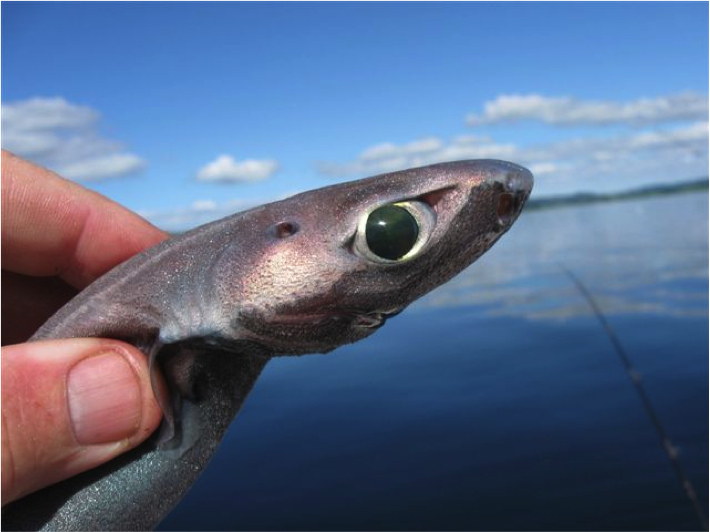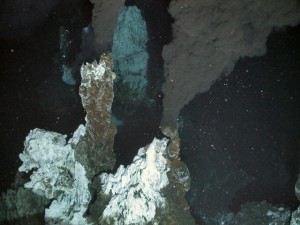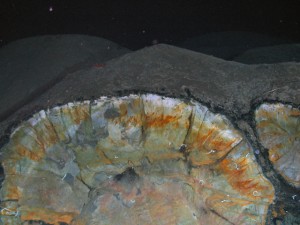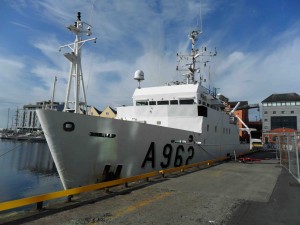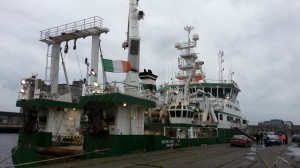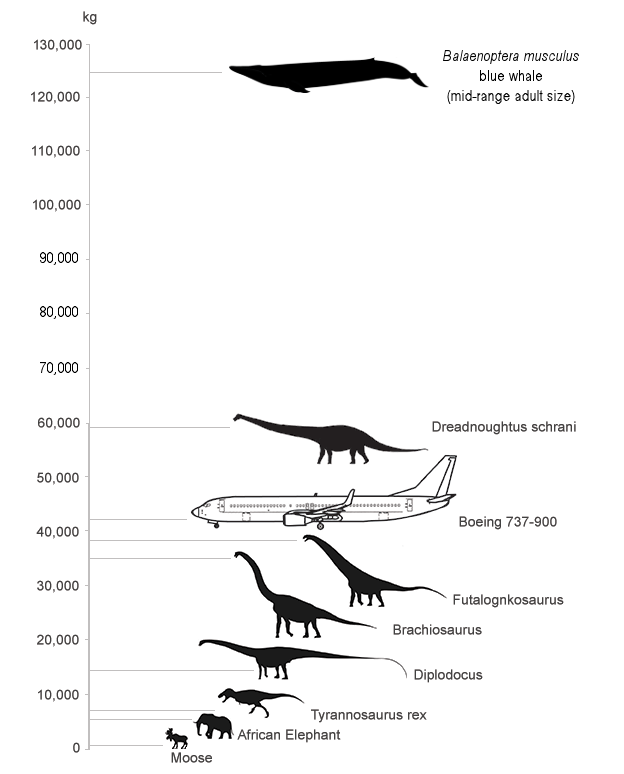
Which came first in whales: extreme breath-hold diving or large body size?
While preparing some size-comparisons of marine life for Week 3 of our free Massive Open Online Course on "Exploring Our Oceans", I was particularly struck by how whales are astounding animals. An adult blue whale can have a body mass of ~150 tonnes. That's around twice the body mass estimated for the largest known dinosaur ever to walk the Earth, and equivalent to the body mass of around 2000 people (i.e. the population of a village, perhaps).
Continue reading →

